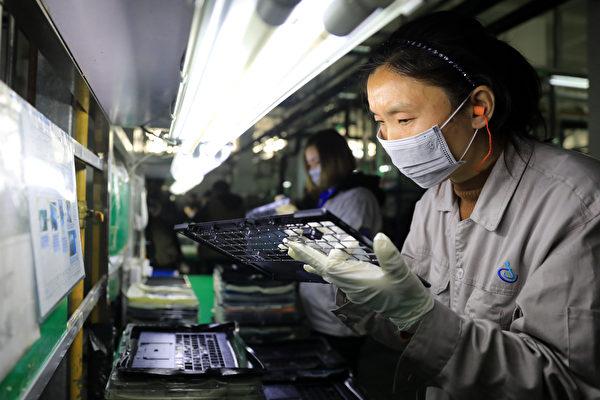Many of China’s A-share listed companies are rushing to set up factories overseas to avoid the rising tariffs brought about by the Sino-U.S. trade war.
Chinese media 21st Century Business Herald reported on Dec. 27 that China’s export-oriented listed companies are expanding their factories overseas. Among them is KingClean Electric Co.—a company that creates cleaning appliances and garden tools— that says its overseas business accounted for 67 percent, according to its 2017 annual report.




